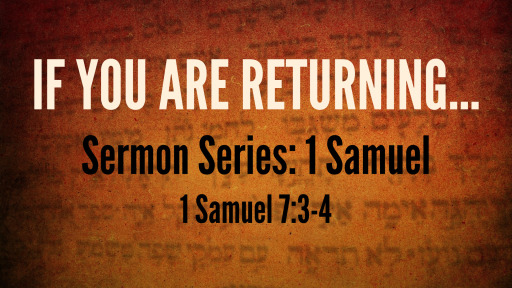If You Are Returning...

Ark of the Covenant
Cheap grace is preaching forgiveness without repentance; it is baptism without the discipline of community; it is the Lord’s Supper without confession of sin; it is absolution without personal confession. Cheap grace is grace without discipleship, grace without the cross, grace without the living, incarnate Jesus Christ.
Costly grace is the gospel which must be sought again and again, the gift which has to be asked for, the door at which one has to knock.[9]
It is costly, because it calls to discipleship; it is grace, because it calls us to follow Jesus Christ. It is costly, because it costs people their lives; it is grace, because it thereby makes them live. It is costly, because it condemns sin; it is grace, because it justifies the sinner. Above all, grace is costly, because it was costly to God, because it costs God the life of God’s Son—“you were bought with a price”[10]—and because nothing can be cheap to us which is costly to God. Above all, it is grace because the life of God’s Son was not too costly for God to give in order to make us live. God did, indeed, give him up for us. Costly grace is the incarnation of God.